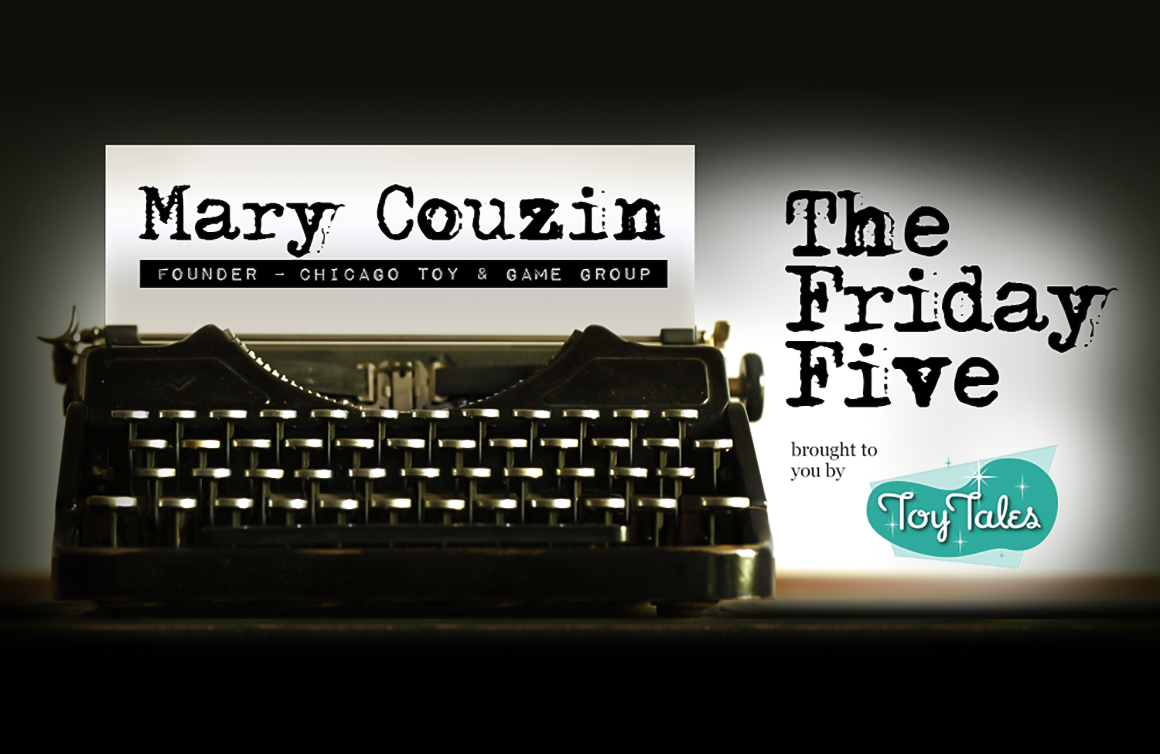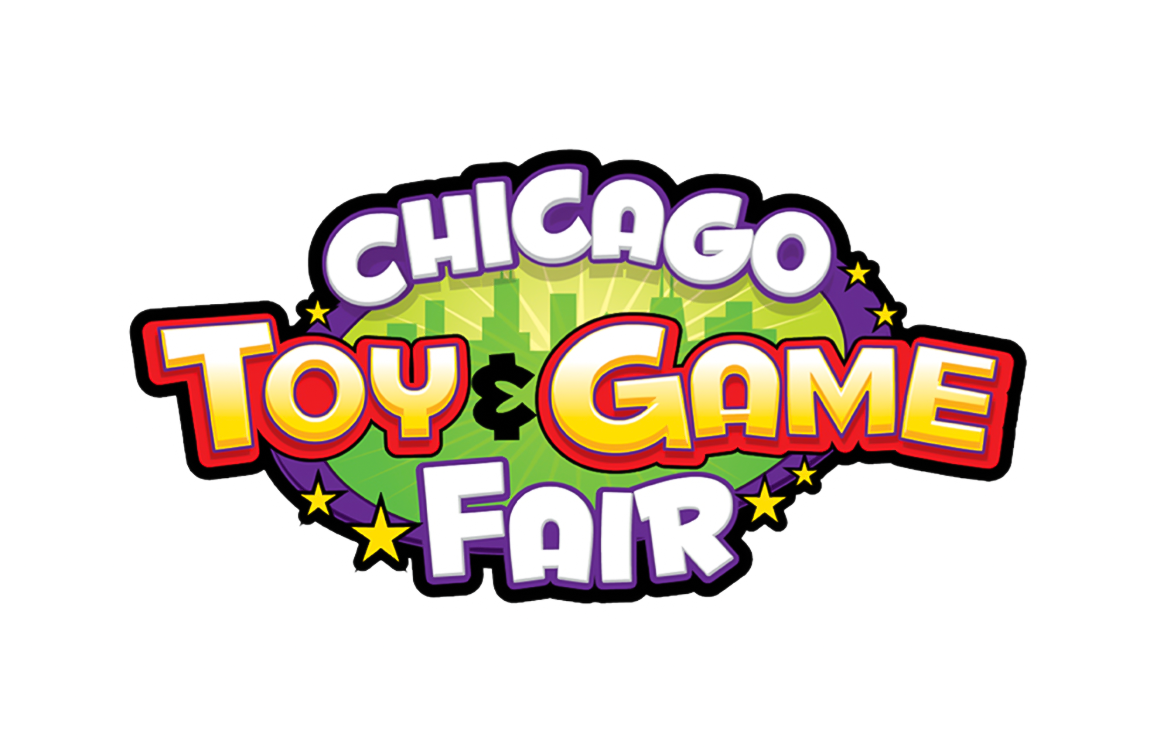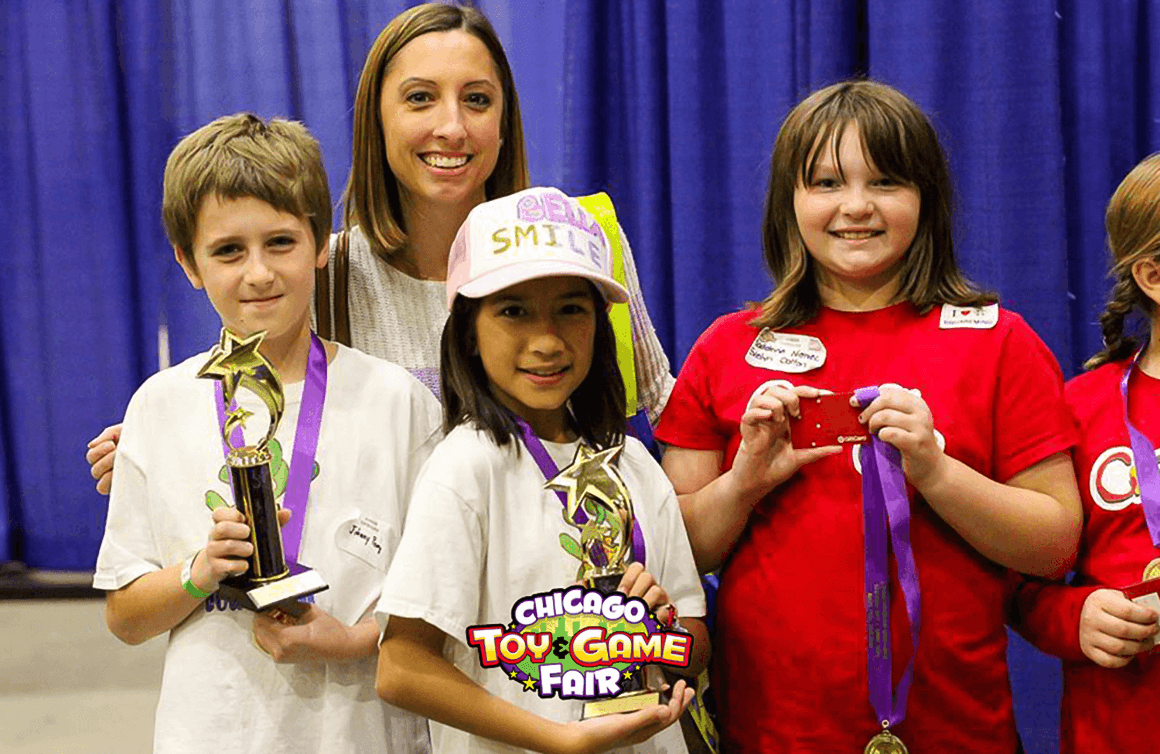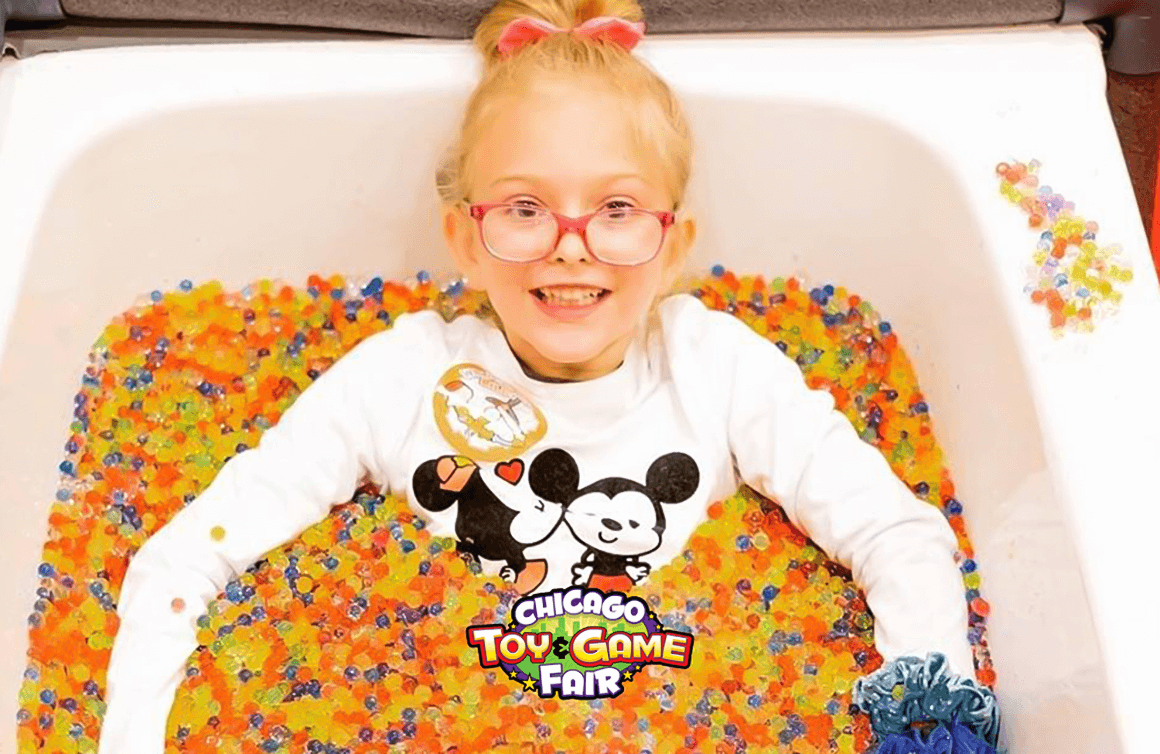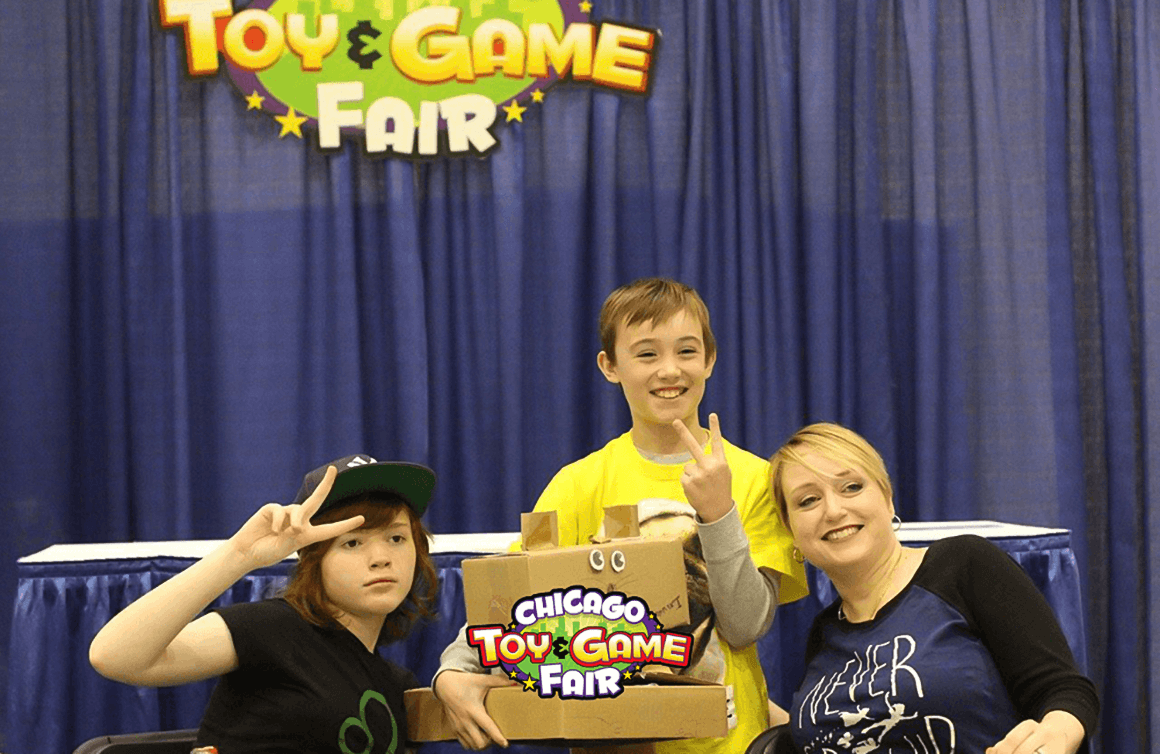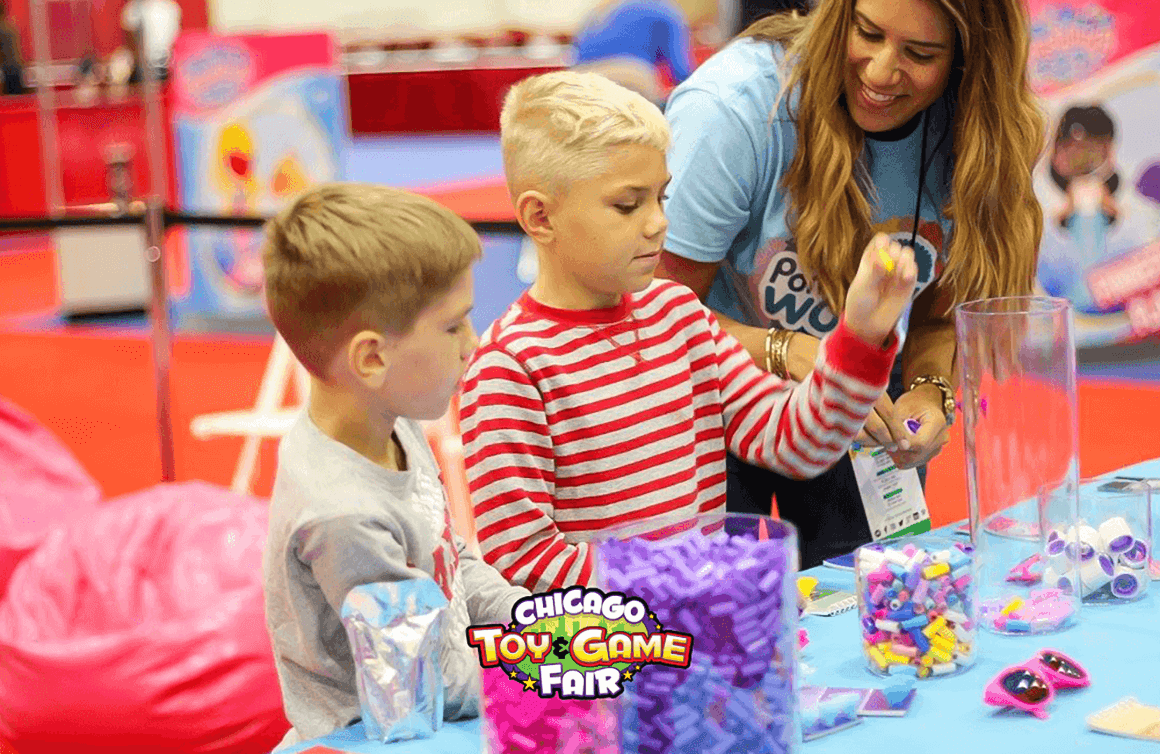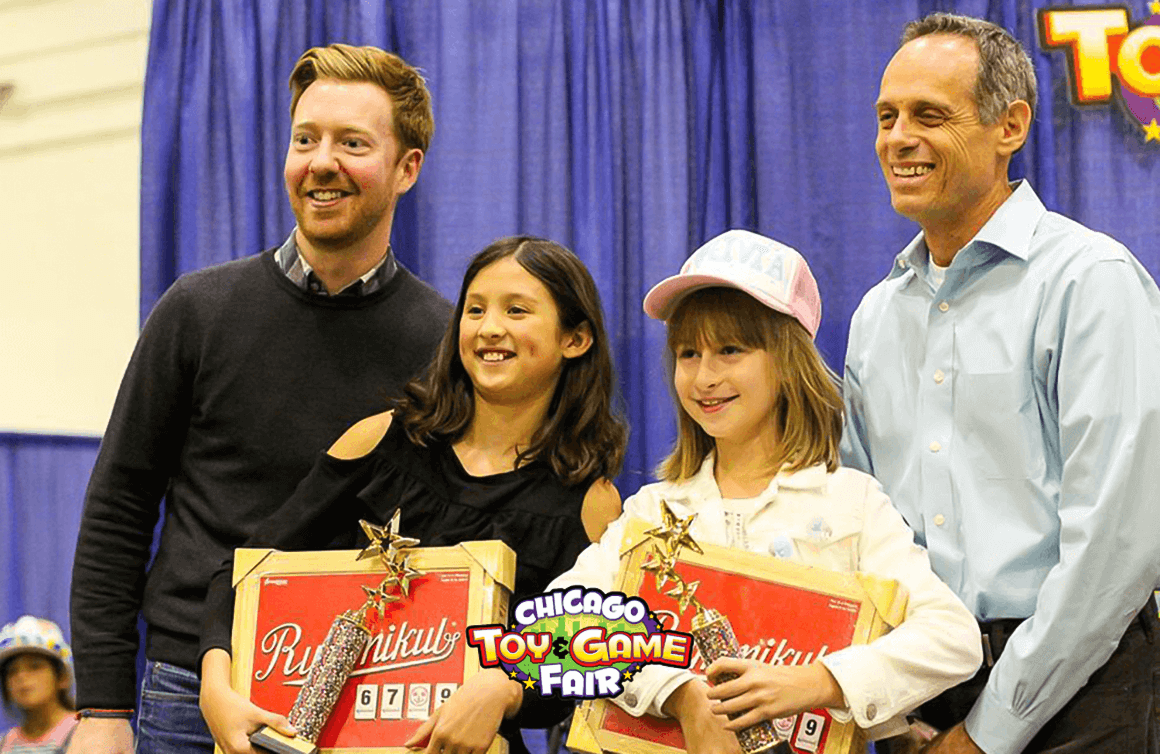What was your initial foray into the toy and game industry?
Game design was my side-hustle when I worked in real estate. I took a trip to Germany one year and visited a toy trade fair while I was there. I noticed that game and toy companies created their exhibits in a way that encouraged interaction with the families and children in attendance. It was a completely different approach from what was being done in the U.S. When I returned home, I formed Chicago Toy & Game Group and started working on the first ChiTAG event. Having no event planning experience, I thought “how hard could it be?” (famous last words!) and set about to create a new event in my hometown of Chicago. That was in 2003. Our 2017 event marks our 15th anniversary.

Why is it important to keep play alive in education?
Did you know that in Finland, Kindergarten is all play? There is very little time spent at desks or in conventional academia. That’s a very forward-thinking approach to childhood development and one that deserves a lot of praise. There are so many studies that demonstrate how important it is for children to play. Play helps children with their studies, it helps develop critical thinking skills, and their ability to plan and think ahead. Play is the foundation of teaching kids how to navigate the world.
Stuart Brown makes an incredibly strong case for play in his TED Talk. I highly recommend watching it.

Tell me about the Chicago Toy & Game Week.
ChiTAG is the largest public non-hobby toy and game fair in North America. We host everyone from individual inventors to large manufacturers of games and toys for four days of events that include conferences and keynotes, an awards gala, and a toy and game fair.
Now in its 15th year, ChiTAG has created an incredible community of people that advocate for play and provide encouragement and mentorship. I’m particularly proud of our Young Inventor Challenge. It provides young game inventors ages 6 to 18 to showcase their own invention(s). The kids gain exposure to industry veterans and have the opportunity to mentor with experienced professionals. As an example, our 2016 Young Inventor Challenge winners were Olivia Wasilewski and Bryanna Siewers, two young girls who created Ship of Treasures. They worked with Pressman Toy Corporation, a toy and game manufacturer out of NYC, to fine-tune their game. Ship of Treasures is now available exclusively through Target.
It’s incredible to be able to offer this type of encouragement and opportunity to young developers.

What hurdles face the toy industry today?
The industry faces a few obstacles. One major hurdle is the lack of promotion of our toy and game designers. If you think of it in terms of the broader entertainment industry, if there’s a blockbuster movie or top-selling music recording, those people become stars and are recognized all over the world. But it doesn’t work that way in the toy and game industry. How many people know who Leslie Scott is? Not many. Yet her game, Jenga, is played by millions of people. Jenga sold over 60 million units, yet she’s virtually unknown outside of the industry. There are many similar examples. We need to get better at lifting these creators up into rock-star territory.

What advice do you have for toy and game inventors?
I think three key elements are important to success:
- Perseverance: You can’t expect to hit it out of the park with the first game or toy you create. You’ll be rejected more times than accepted. Every time you fail, take the knowledge you’ve gained and use it to improve your product.
- Playtest: Inventors need to playtest their games with people other than family and friends. You need people who will be critical and truthful (this is where perseverance comes in). Also, test more than once or twice.
- Research: Search online to ensure your idea hasn’t been done before. I see this all time; people come up with what they think is an original concept only to discover mid-way through the development process that the game already exists in a slightly different form. Look before you leap!
One of my favourite quotes is from Calvin Coolidge: “Nothing in this world can take the place of persistence. Talent will not: nothing is more common than unsuccessful men with talent. Genius will not; unrewarded genius is almost a proverb. Education will not: the world is full of educated derelicts. Persistence and determination alone are omnipotent.”
This is important advice for everyone, not just toy and game developers.

ChiTAG Week 2017 takes place November 16 through 19. Learn more about the event on their website.

